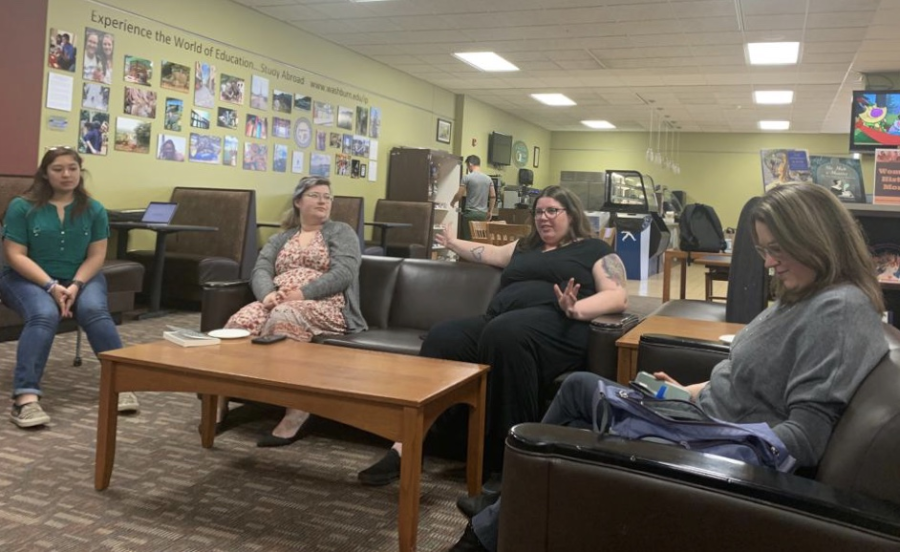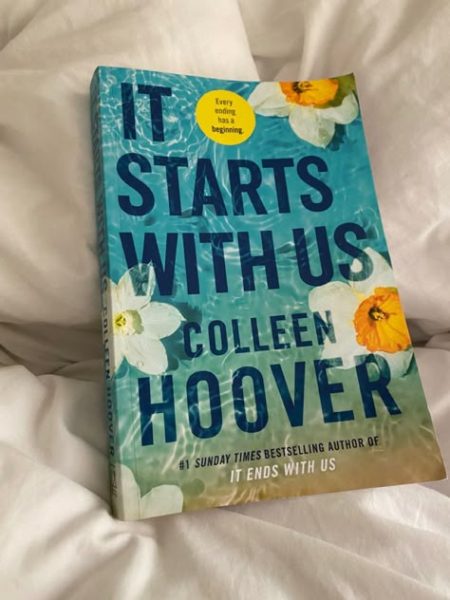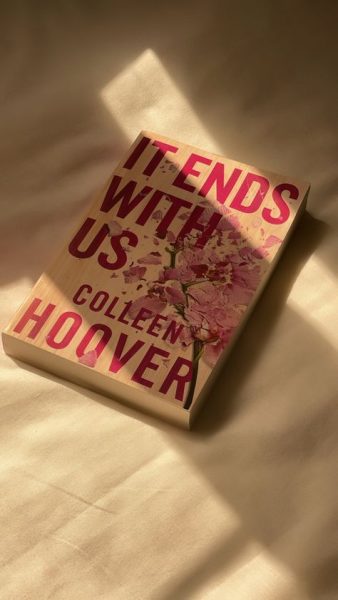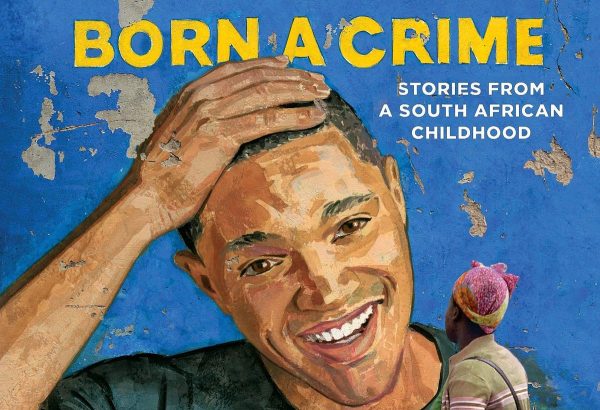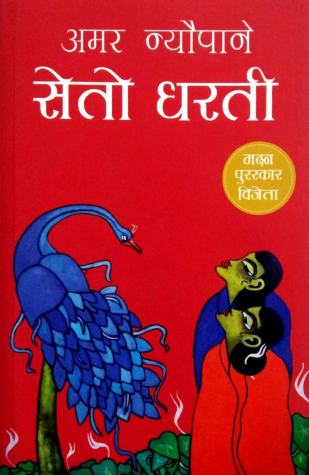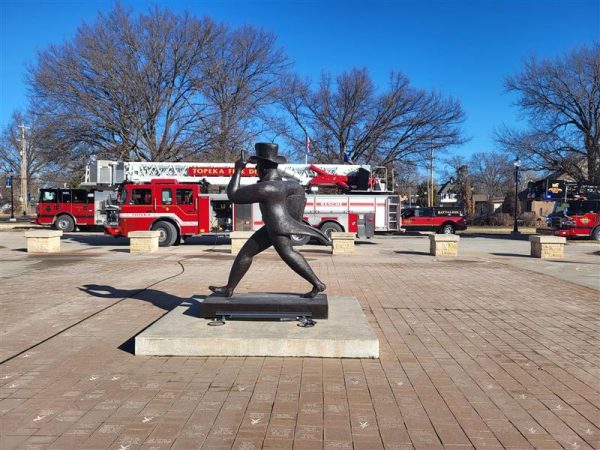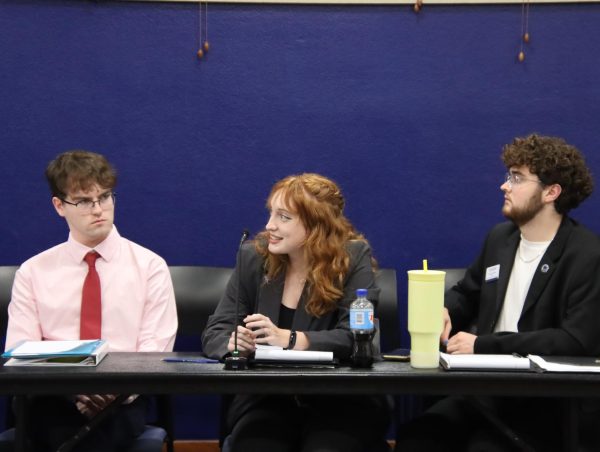Ichabods discuss David Robertson’s memoir, ‘Black Water’
Franki Ostrom, instructional librarian, describes how talented writer David Robertson is in storytelling. Ostrom thought the author discussed “heavy subjects without making them super heavy subjects.”
On Wednesday, March 29 at 4 p.m, the book club organized a book discussion at the Mabee Library to discuss David A. Robertson’s “Black Water” as a part of WUmester’s health and healing theme. In the meeting, everyone shared their experience after reading the book.
The Sociology/Anthropology Club co-sponsored the book discussion meeting hosted by Franki Ostrom, instructional librarian at Mabee library and Laura Murphy, associate professor of anthropology at Washburn University.
“Black Water” is a memoir about intergenerational trauma and healing, connection and Robertson’s anxiety and growth about his own indigenous identity. Facing up to a story nearly erased by the designs of history, the memoir narrates a father and son’s journey together back to the trapline at Black Water and through the past to create a new future.
During the meeting, Ostrom described why she chose this particular book to discuss for the “health and healing theme.”
“I chose to discuss this book because I believe that more students will be able to relate to it as a journey of self-discovery and healing perspectives,” Ostrom said.
According to Ostrom and Murphy, the book had both good and bad parts that were both strengths and weaknesses.
“The best part of the book was the end when he felt that his reconciliation with his father was complete and that he was now part of the long history of the Cree people and had found his way,” Ostrom said.
For Murphy the best part of this book was that she could learn about the experience of what it was like on the trap line, an area where individuals had the right to trap fur-bearing animals for their hunting practices which was interesting and enlightening.
“The book’s strength is that it is a deeply personal story that is well-written and told in an engaging manner, so it was very easy to read. But if the reader is unfamiliar with indigenous cultures or indigenous people, the reader may feel a little lost reading this book because the writer does not explain too much history,” Murphy said.
Overall, the discussion had a significant impact on the theme of health and healing, as attendees shared their experiences after reading the book and how they could relate to the author’s writings. One of the attendees there expressed how she could relate to the book because her parents used to speak in German language so that she won’t understand what they were talking about when she was a child. They also learned a lot about indigenous people’s experiences growing up in a predominantly white community.
The club will have another meeting this month in honor of National Poetry Month.
Edited by Rakesh Swarnakar, Aja Carter and Simran Shrestha
Your donation will support the student journalists of Washburn University. Your contribution will allow us to purchase equipment and cover our annual website hosting costs.




